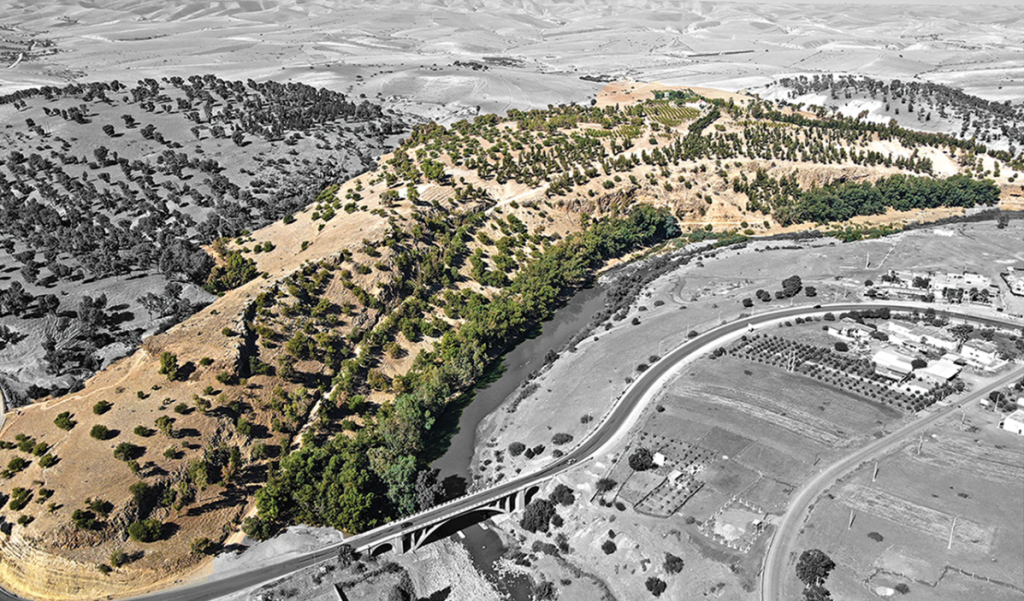A groundbreaking discovery in Morocco reveals a previously unknown Neolithic society
Others are reading now
Archaeologists have uncovered a previously unknown Neolithic society in Morocco, dating back 5,000 years.
Details of the archaeological survey were recently published in the journal Antiquity.
The site, located near Oued Beht, lies roughly 100km southeast of Morocco’s capital, Rabat, and is named after the Baht River (also known as Oued Beht).
Northwest Africa, or the Maghreb, has long been recognized for its significant role in the development of societies during the Iron Age, the Islamic period, and even the Paleolithic era (around 2.58 million to 11,700 years ago). However, there has been a lack of information about the region’s history between 6,000 and 3,000 years ago.
Also read
The Oued Beht site, dated to around 3400–2900 BCE through radiocarbon analysis, is the earliest and largest Neolithic agricultural complex found in Africa outside the Nile region. It shares striking similarities with Late Stone Age sites of the same period found in Iberia.
This discovery sheds light on the crucial role northwestern Africa played in shaping complex ancient communities across the Mediterranean.
“For over 30 years I have been convinced that Mediterranean archaeology has been missing something fundamental in later prehistoric north Africa,” says Cyprian Broodbank, a professor at the University of Cambridge. “Now, at last, we know that was right, and we can begin to think in new ways that acknowledge the dynamic contribution of Africans to the emergence and interactions of early Mediterranean societies.”
The site itself was initially discovered during French construction work in the 1930s, but new fieldwork by British, Italian, and Moroccan archaeologists sought to definitively date the site, uncover evidence of farming, determine the size and shape of the settlement, and recover artifacts that reveal the culture and technological development of the community.
Findings at Oued Beht included domesticated plant and animal remains, pottery, and stone tools.
Similar sites have been found across the Strait of Gibraltar in Spain and Portugal, both of which feature deep storage pits like those at Oued Beht. Some of the pits in the Iberian Peninsula have contained items like ivory and ostrich eggs, suggesting connections to Africa.


